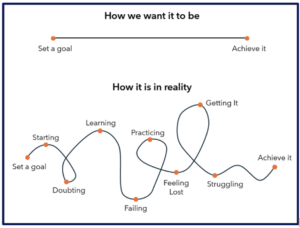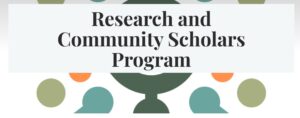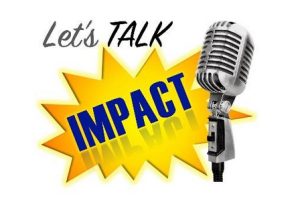Central America and Asia focus of interim report
By Laura Pinsoneault, PhD
Efforts are underway to address challenging issues faced by older LGBTI persons by involving the elders themselves in strategies that will help accomplish common goals.
The myriad challenges all LGBTI persons face may be even more complex and difficult for those age 60 and older. The lack of basic human rights makes social isolation and widespread discrimination more pronounced.
In its interim report, Evaluation Plus reviewed the first 18 months of the Advancing Elders Project (LEAP), which covers El Salvador, Costa Rica, The Philippines and Nepal. Although the specific struggles people face vary in each country, LGBTI elders face similar challenges and can benefit from collaboration, knowledge sharing, policy change and data gathering.
“Even if the elders can’t write or read, they have ideas on how and what to move forward. They don’t want to be forgotten as they age,” writes a survey respondent from Mitini Nepal.
Three technical assistance and advocacy organizations (2 from the US and 1 from Costa Rica) co-lead LEAP, along with three local partners in the four countries. SAGE is a US-based organization with expertise in LGBTI aging issues and rights. CIPAC is Costa-Rican based, and focuses on health and human rights for LGBTI persons and OutRight International concentrates on international advocacy.
On the local level, LEAP engages with these organizations:
- ASPIDH—a trans-led civil society organization in El Salvador.
- CIPAC—a local partner in Costa Rica.
- EnGendeRights—a sexual and reproductive health advocacy organization based in The Philippines.
- Mitini Nepal—A woman-led and lesbian-founded civil society organization in Nepal.
The E+ evaluation of LEAP emphasizes what has been learned with this project, and I am happy to report that there have been notable accomplishments thus far that are both effective and scalable.
The LGBTI elders are leaders in the LEAP initiative and that is critical in forming alliances. Country partners helped them developed skills, collect data and share their story at workshops, in addition to the opportunity to share the skill sets and knowledge they already possess.
Information gathering about older LQBTI persons has begun, creating a baseline of data that simply has not existed before. With data, we can build awareness and determine priorities for action.
The LEAP model also shows promise for scaling international, regional and local efforts to advance the rights of these older persons. Engaging them through advisory committees, for example, can be integrated into organizational structures to create new efforts or improve existing ones. When this happens, advocates can connect regionally and help establish a global movement.
CIPAC, the Costa Rican-based organization focused on LGBTI health and human rights, had this to say about LEAP:
“Our LGBTQ+ elders have shared that being part of this initiative has encouraged them to build more social support networks and start speaking openly about their shared experience of aging. Not only are our older adults growing in their ability to advocate for their own needs, but they are also building friendships, solidarity, and trust among their peers. For a population that faces extreme isolation and loneliness, this kinship has been lifesaving.”
To improve the quality of life for LGBTI older adults, collaboration must be at the center of all efforts, as it is in the LEAP Project. We are already seeing best practice documents emerging and they will help fuel progress in this global movement.






